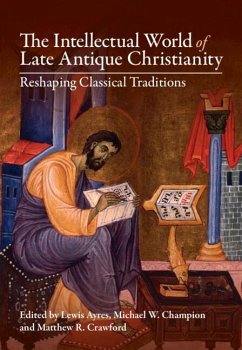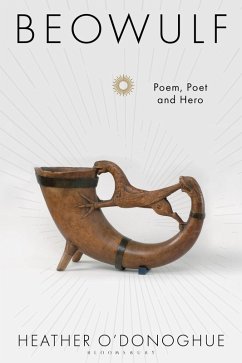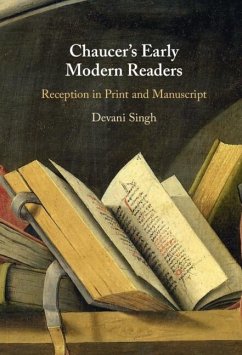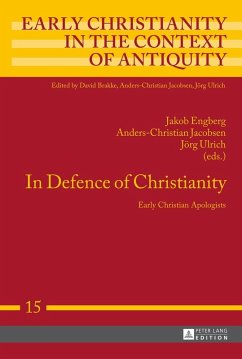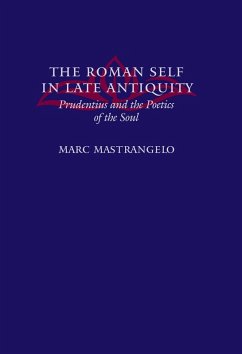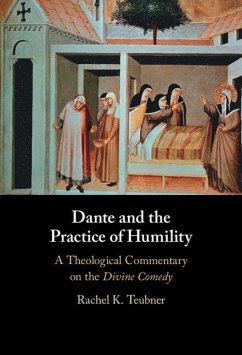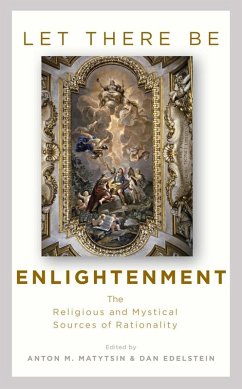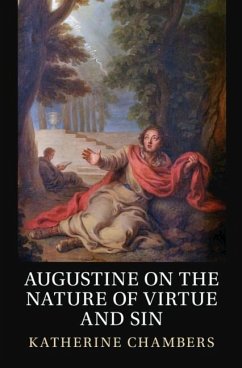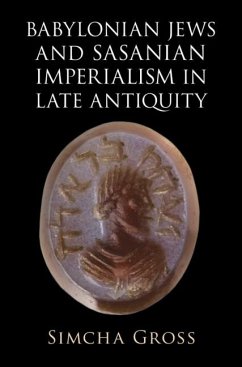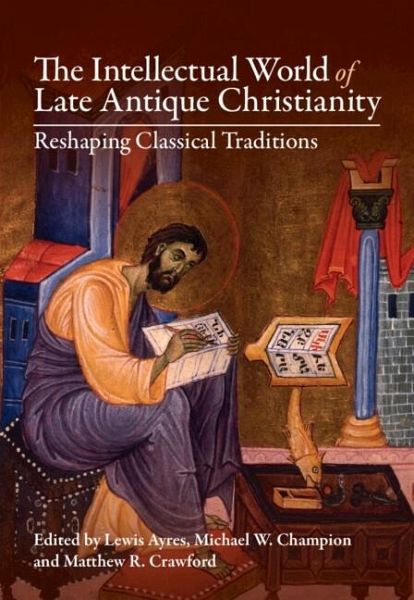
Intellectual World of Late Antique Christianity (eBook, ePUB)
Reshaping Classical Traditions
Redaktion: Ayres, Lewis; Crawford, Matthew R.; Champion, Michael W.
Versandkostenfrei!
Sofort per Download lieferbar
110,95 €
inkl. MwSt.
Weitere Ausgaben:

PAYBACK Punkte
55 °P sammeln!
Intellectual World of Late Antique Christianity (eBook, ePUB)
Dieser Download kann aus rechtlichen Gründen nur mit Rechnungsadresse in A, B, BG, CY, CZ, D, DK, EW, E, FIN, F, GR, HR, H, IRL, I, LT, L, LR, M, NL, PL, P, R, S, SLO, SK ausgeliefert werden.




